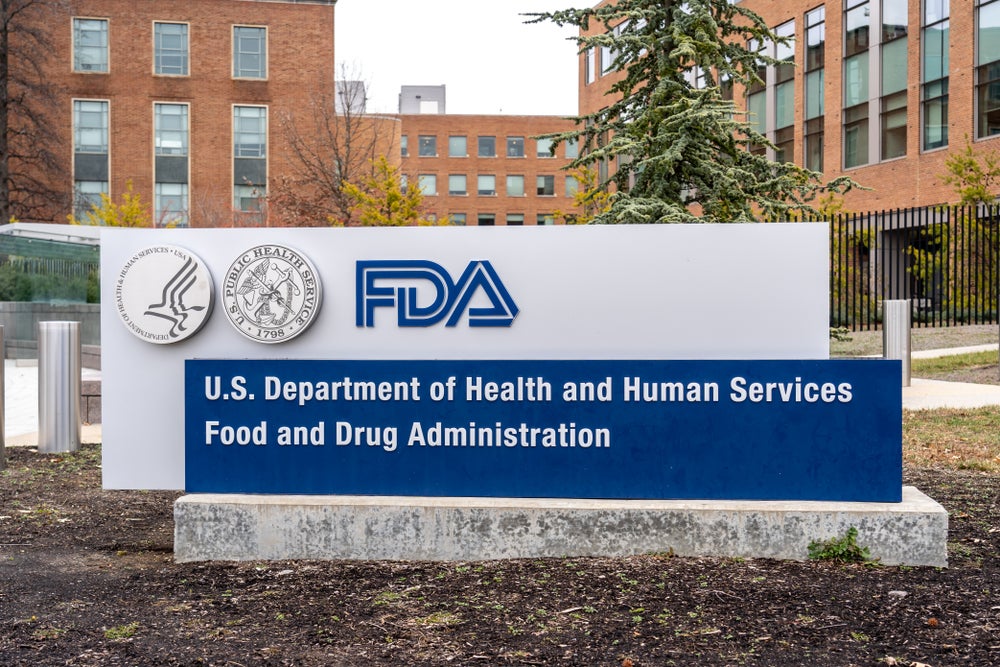
The US Food and Drug Administration (FDA) has issued a complete response letter (CRL) to Coherus, setting back the company’s plans for commercialising its pegfilgrastim biosimilar.
Coherus’s Udenya Onbody is the on-body injector version of Udenyca (pegfilgrastim-cbqv), which is intended to lower a patient’s risk of infection after they have received chemotherapy. The company emphasised that FDA didn’t raise any issues with the drug’s efficacy or safety, and that the CRL was issued due to an ongoing review at a third-party manufacturing site. The FDA did not raise any additional concerns on Udencya Onbody’s labelling and drug substance manufacturing and didn’t request any further clinical data.
Despite this obstacle, Chief Development Officer of Coherus Dr. Theresa LaVallee said, “We will work with the third-party filer to address the issues and resubmit the Udenyca Onbody application as quickly as possible.”
In more encouraging news for Coherus, the FDA has completed the clinical study site inspections of three sites in China that are holding clinical trials for toripalimab, a checkpoint inhibitor, to treat patients with metastatic or recurrent NPC. One site did receive an FDA form 483, but Coherus said it can be easily addressed. Coherus paid $150m to Shanghai and Junshi Biosciences for the rights to their drug Tuoyi (toripalimab) in the US and Canada back in February 2021. NPC is a rare cancer that affects the throat, and there are currently no approved drugs for the treatment of NPC in the US.
“Having completed all the required review elements of the toripalimab BLA, we will continue to work collaboratively with the FDA to bring toripalimab, with its substantial improvement in survival compared to chemotherapy, to NPC patients” added LaVallee.
Toripalimab is currently approved in China, while the FDA is reviewing a BLA for the drug in the US and Canada. According to GlobalData, the toripalimab sales are forecasted to reach $195m in 2029.
GlobalData is the parent company of Pharmaceutical Technology.
